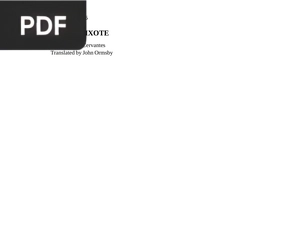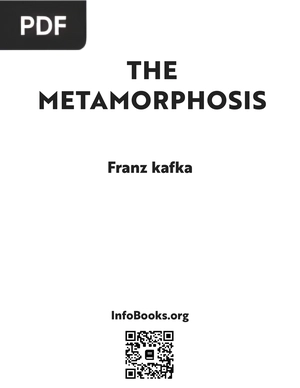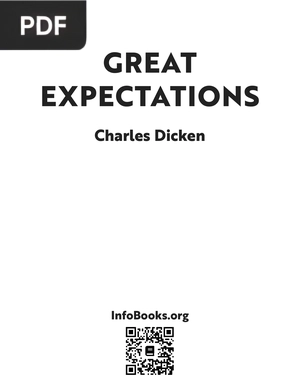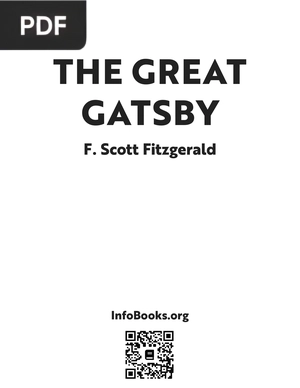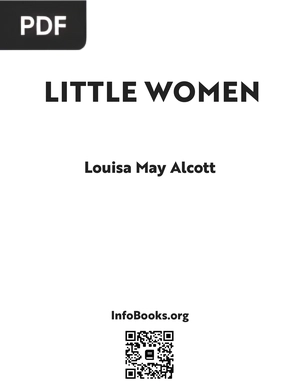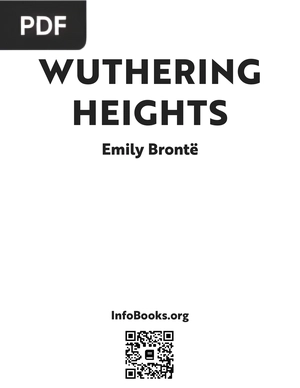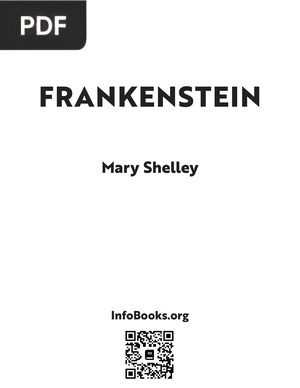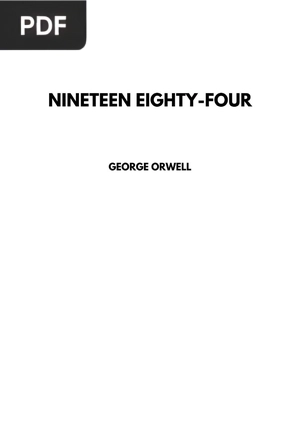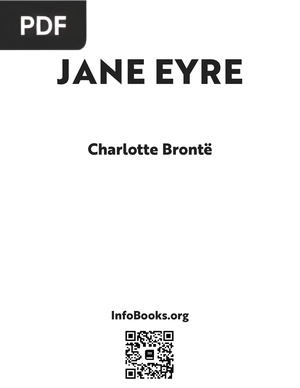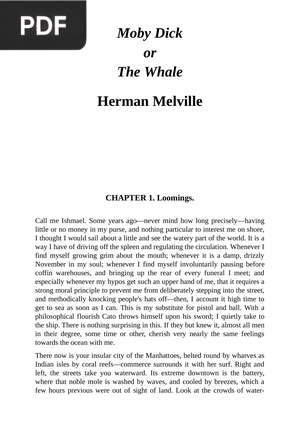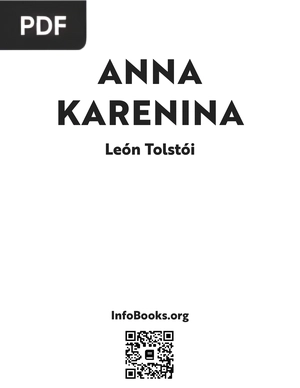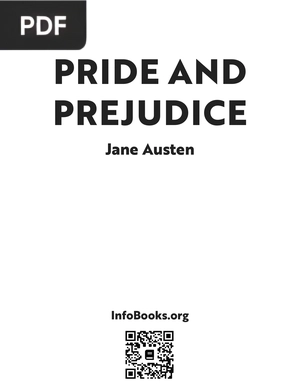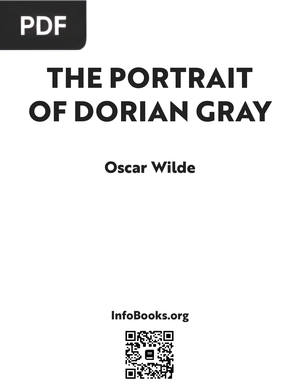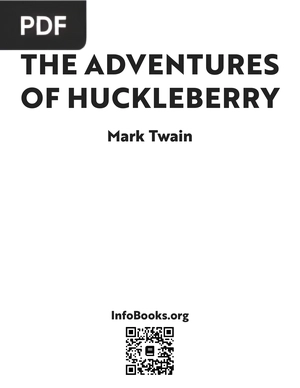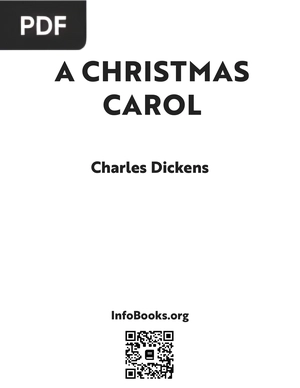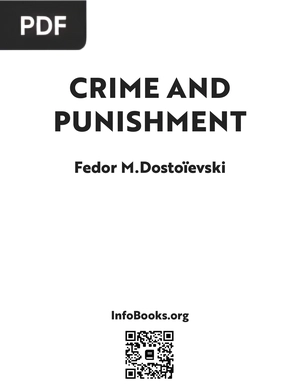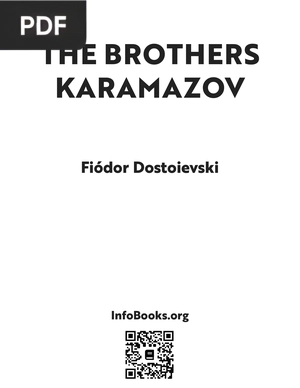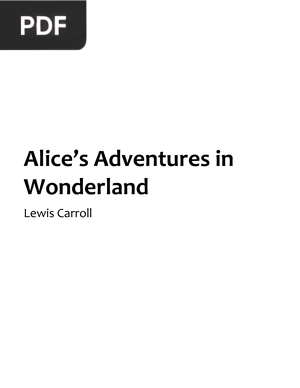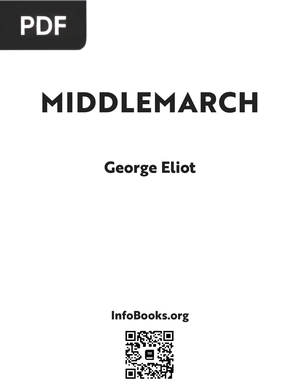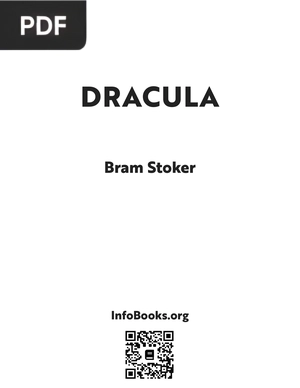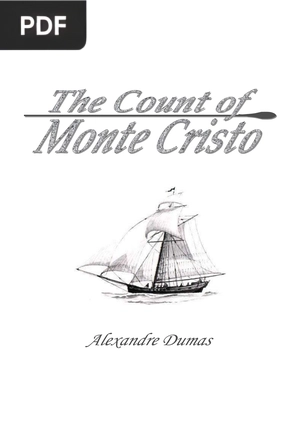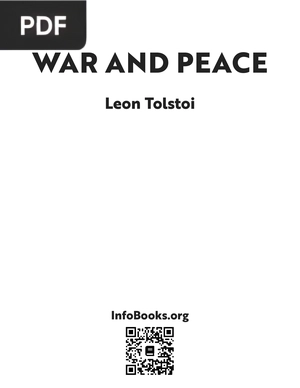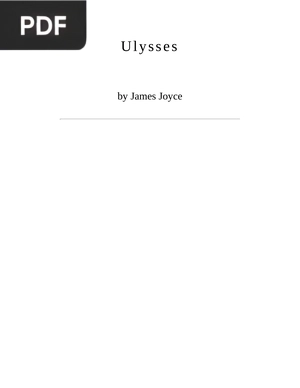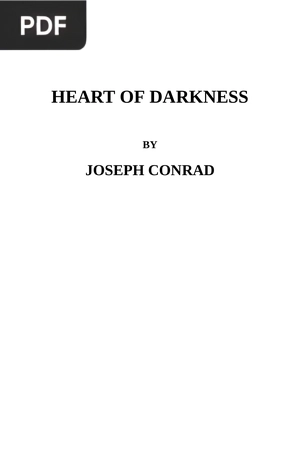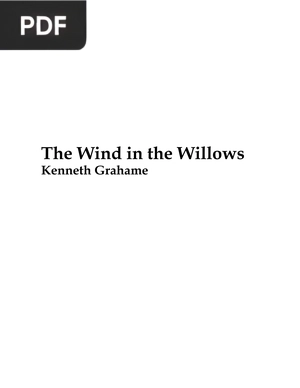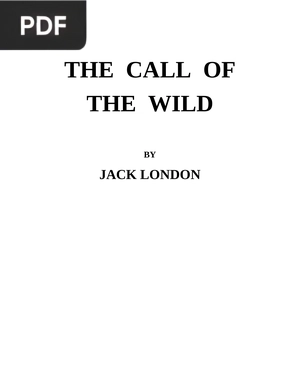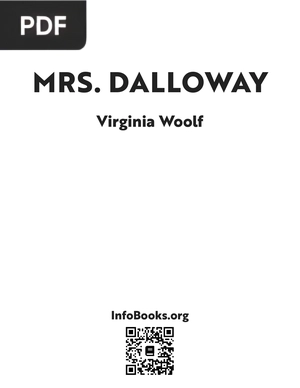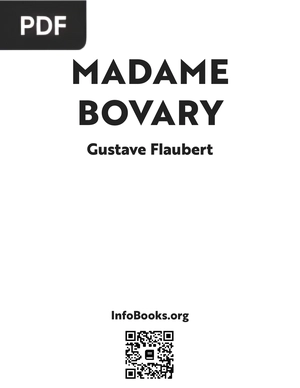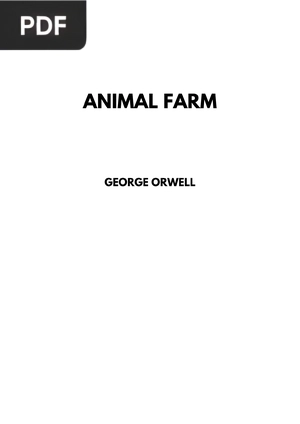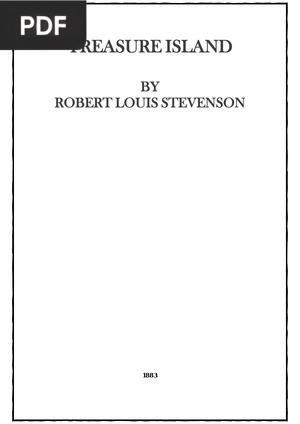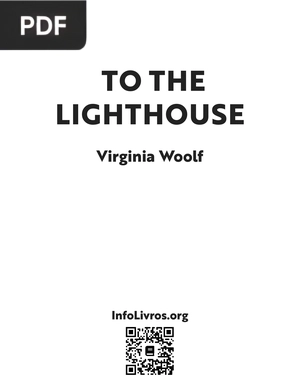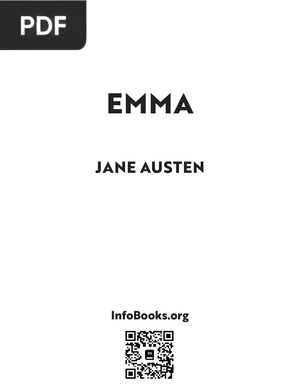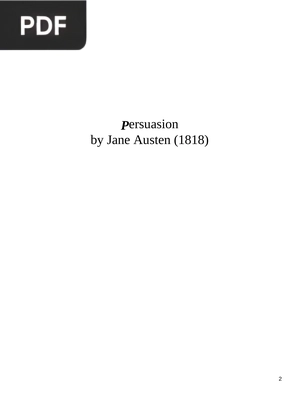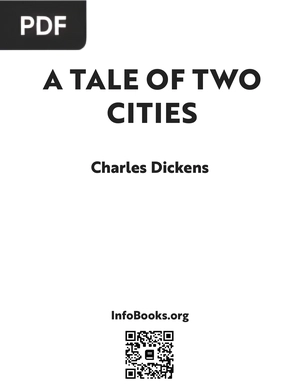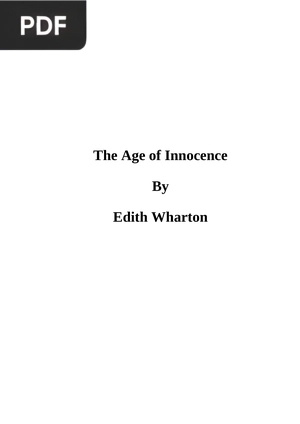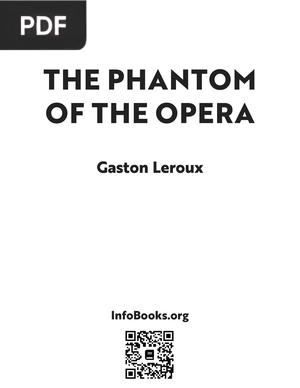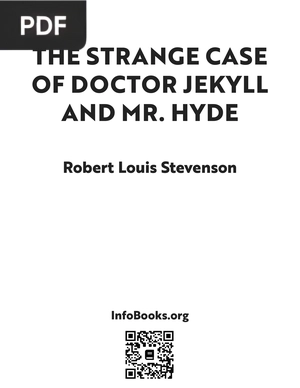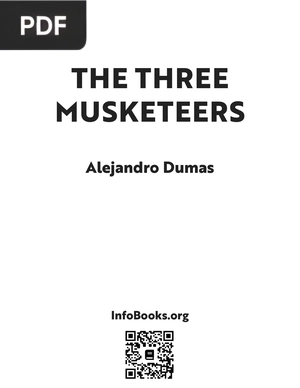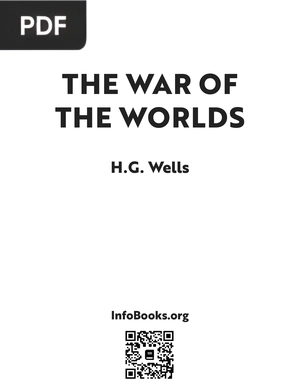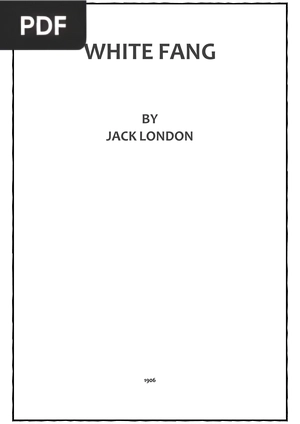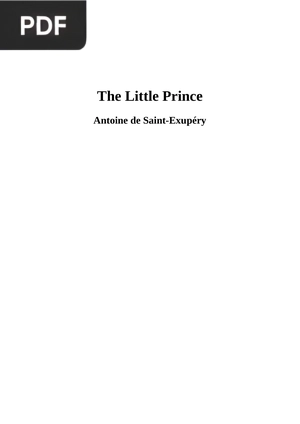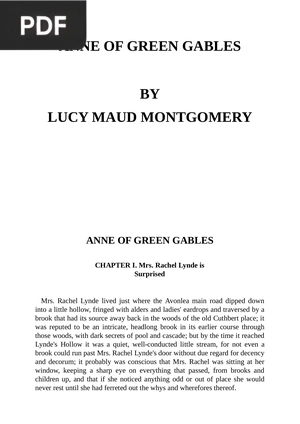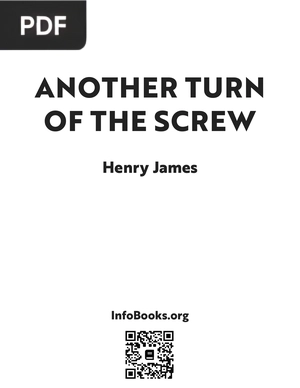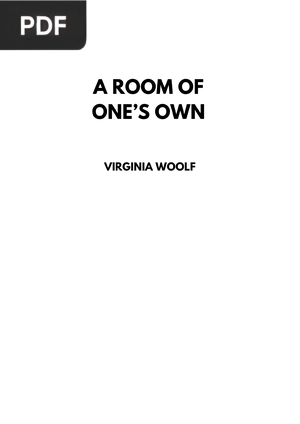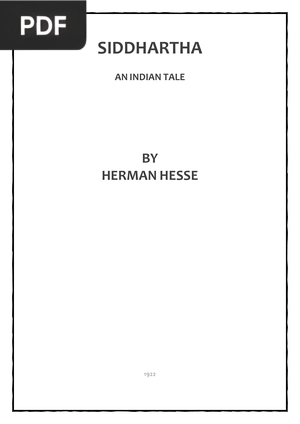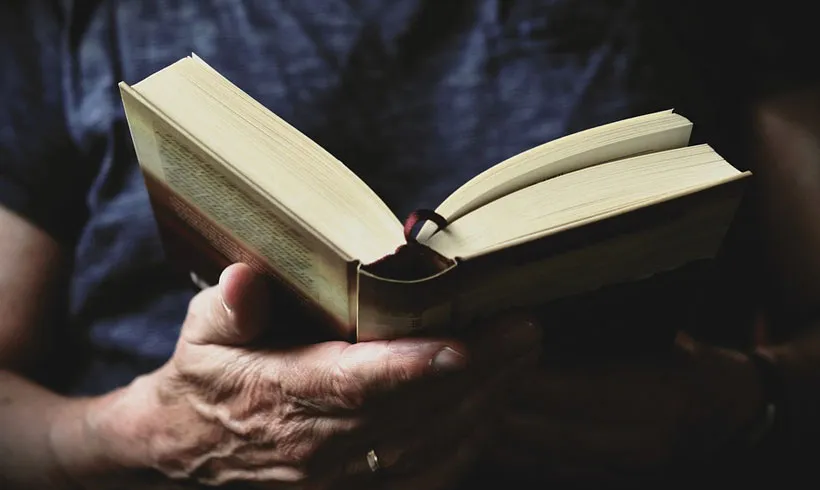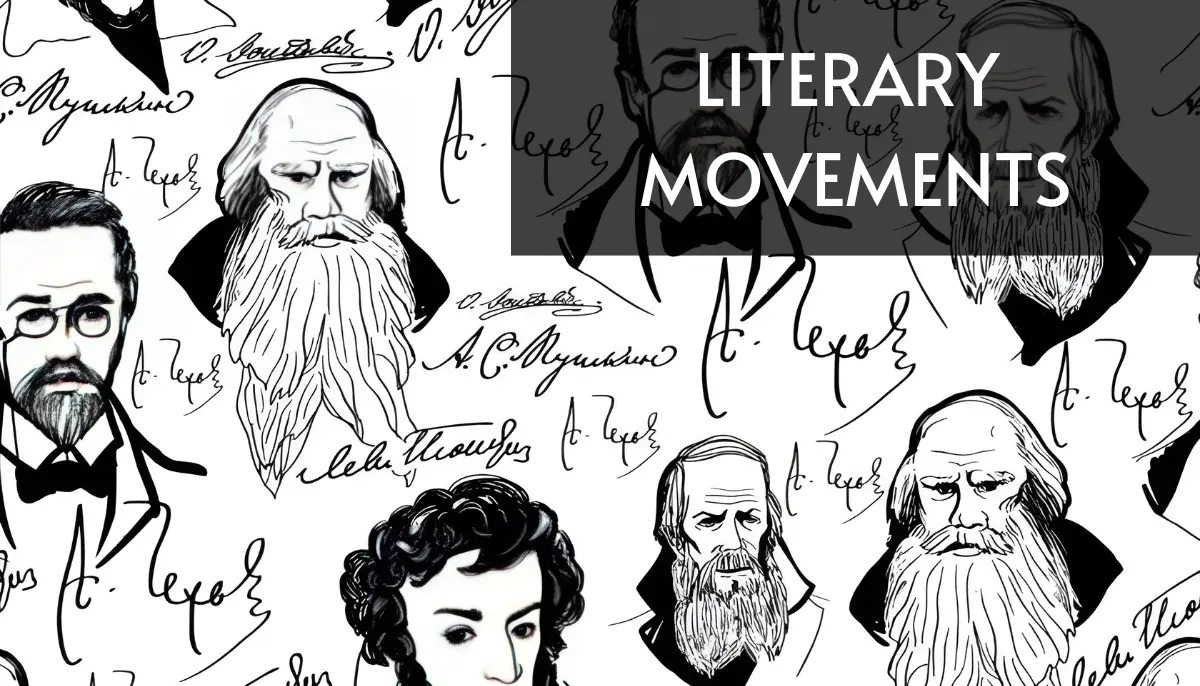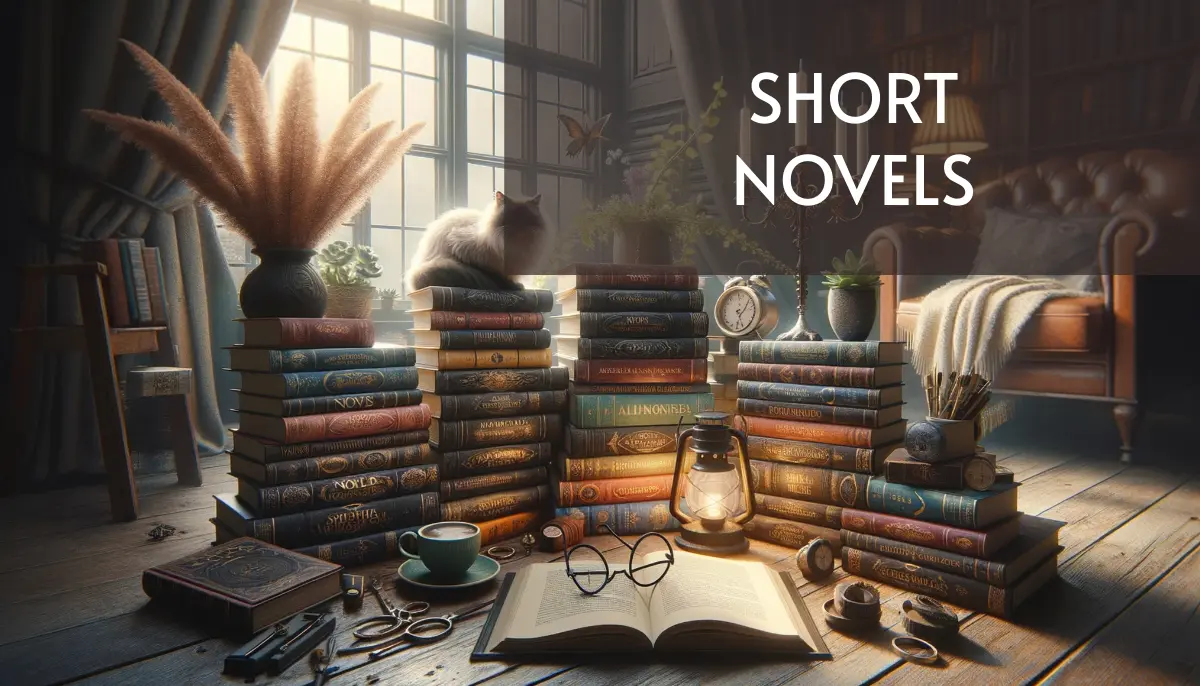45 Classic Novels Free! [PDF]
by InfoBooks
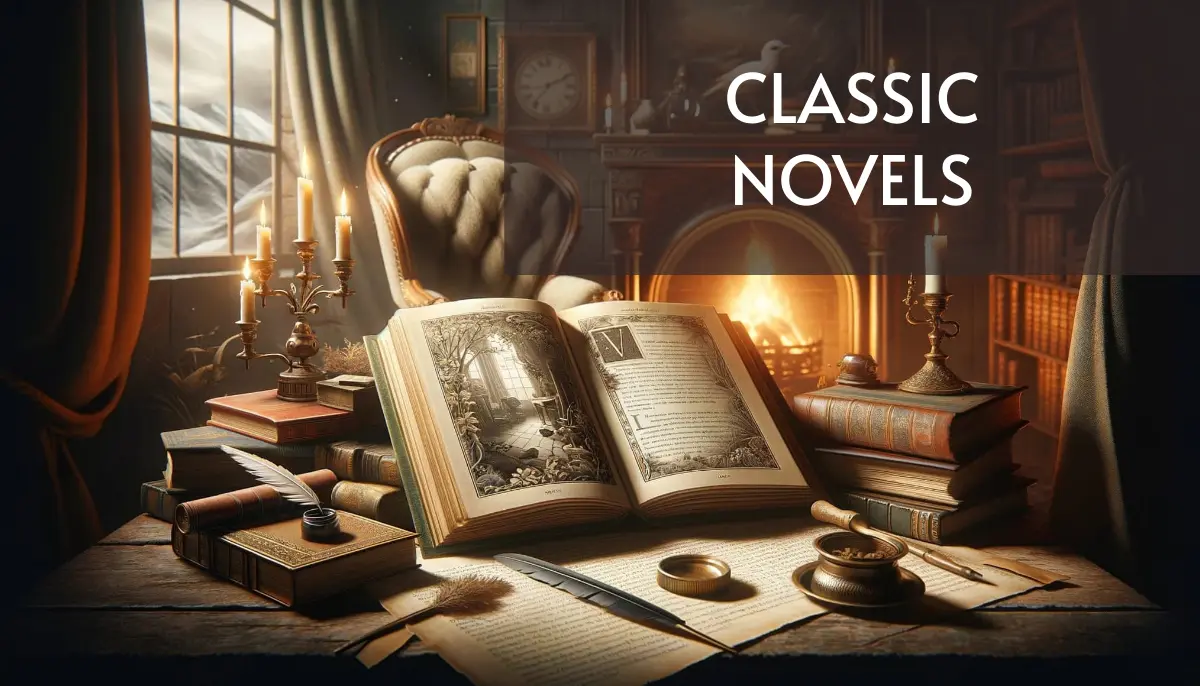
Discover the best classic novels with our collection of free PDF books. Explore a timeless selection that brings together the most outstanding works of great authors, available for download at no cost and without registration.
Classic novels are a literary treasure that encompasses unforgettable stories, iconic characters, and universal themes that transcend generations.
From historical romances to epic adventures, these works offer a unique glimpse into the culture and humanity of their time.
Browse our extensive collection and discover titles that have made a significant impact on literature. You can find everything from the captivating dramas of Jane Austen to the unforgettable tales of Charles Dickens, all just a click away.
Start right now and immerse yourself in the fascinating world of classic novels. Click, download, and enjoy these stories that have stood the test of time.
Classic Novels
- #1
Don Quixote
- #5
Little Women
- #7
Frankenstein
- #9
Jane Eyre
- #10
Moby-Dick
- #11
Anna Karenina
- #19
Middlemarch
- #20
Dracula
- #22
War and Peace
- #23
Ulysses
- #27
Mrs Dalloway
- #28
Madame Bovary
- #29
Animal Farm
- #30
Treasure Island
- #32
Emma
- #33
Persuasion
- #40
White Fang
- #45
Siddhartha
Here ends our selection of free Classic Novels in PDF format. We hope you liked it and already have your next book!
If you found this list useful, do not forget to share it on your social networks. Remember that "Sharing is Caring".
Do you want more Novels in books PDF format?
[InterlinkBlog tag="novels"]

